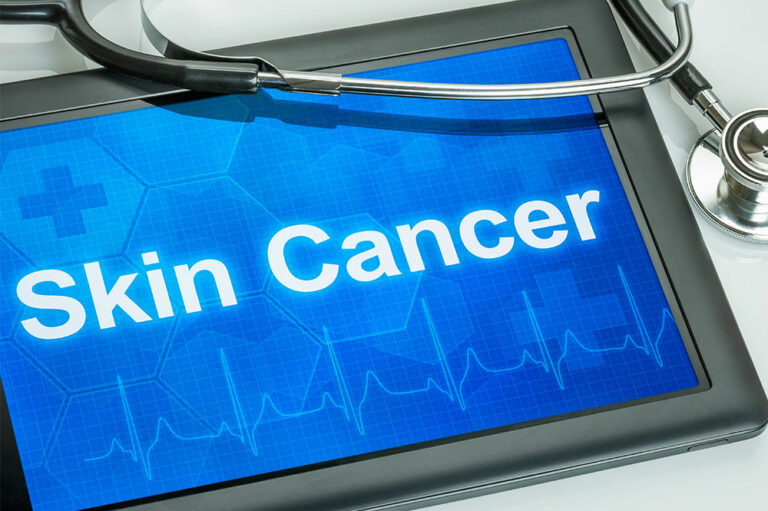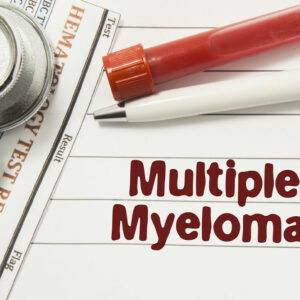
Unveiling the silent killer – Symptoms of hypertension
Hypertension or high blood pressure is a condition in which the pressure in the arteries when the heart beats and rests between beats is higher than the normal range (120 over 80). This changes according to the activities one does throughout the day. Hypertension is known as a silent killer because its symptoms usually go unnoticed until it gets to an advanced stage. Here are some signs and symptoms one should watch out for before it gets too late. Headaches It is normal to get headaches, but if you have persistent and throbbing pain, it may be a sign of hypertension. This is especially noticed when you wake up in the morning. Dizziness One could feel dizzy for several reasons, and hypertension should not be ruled out as the illness causing this symptom. Some people may even experience fainting due to high blood pressure. So be aware of any changes in your body’s normal functions. Blurred vision The eyes contain many tiny blood vessels, which, when subjected to high blood pressure, may lead to rupture of these vessels. It could lead to retinopathy or blood vessel damage. This lack of blood flow to the retina can lead to blurred vision or even loss of sight.
Read More 











